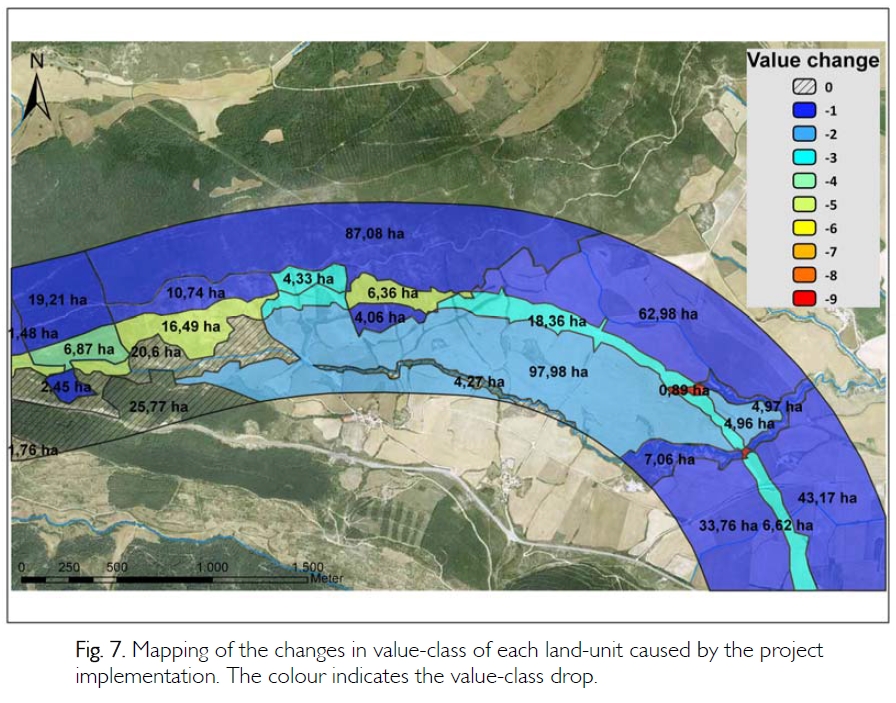 Ana Villarroya Ballarin has prepared a PhD study focusing on environmental impact assessment and biodiversity offsets in Spain at the faculty of sciences at University of Navarra. The work is entitled “ECOLOGICAL COMPENSATION AND ENVIRONMENTAL IMPACT
Ana Villarroya Ballarin has prepared a PhD study focusing on environmental impact assessment and biodiversity offsets in Spain at the faculty of sciences at University of Navarra. The work is entitled “ECOLOGICAL COMPENSATION AND ENVIRONMENTAL IMPACT
ASSESSMENT IN SPAIN: CURRENT PRACTICE AND RECOMMENDATIONS FOR IMPROVEMENT” and was already accepted in 2012. For more information see the summary below or contact Ana directly.
Summary
Environmental Impact Assessment (EIA) aims at improving the environmental sustainability of those projects with significant effects on the environment. During this procedure, environmental impacts caused by an EIA regulated activity are identified and analyzed, and proposals are advanced to counter them. When the sustainability goal is set in avoiding net losses in environmental quality by a project implementation, compensatory measures have a crucial role to play, as they are the only way to counter residual impacts, those that remain after all impact avoidance and minimization measures have been implemented. But, what is the level of compensation implemented in EIA frameworks?
This doctoral dissertation analyzes the case of ecological compensation in Spanish EIA and the difficulties that it faces, and advances some proposals to increase practice levels. The first section (chapters I, II, and III) focuses on how frequently ecological compensation is present in EIA procedures, mainly for roads and railways. It studies as well some of the potential difficulties that explain the low ecological compensation practice level found. Among the technical difficulties, the attention focuses in the difficulty of identifying and valuing all residual impacts possibly caused by any given project. Among the conceptual ones, the status-quo of a prevailing social mindset that accepts ecological quality losses as inevitable stands up.
The second section (chapters IV, V, and VI) studies how ecological residual impacts are valued, registered and shown, as well as the existing guidelines on how to choose the specific measures to be implemented. As a response to the results of this study, several proposals to improve and foster ecological compensation practice in EIA in Spain are advanced.
